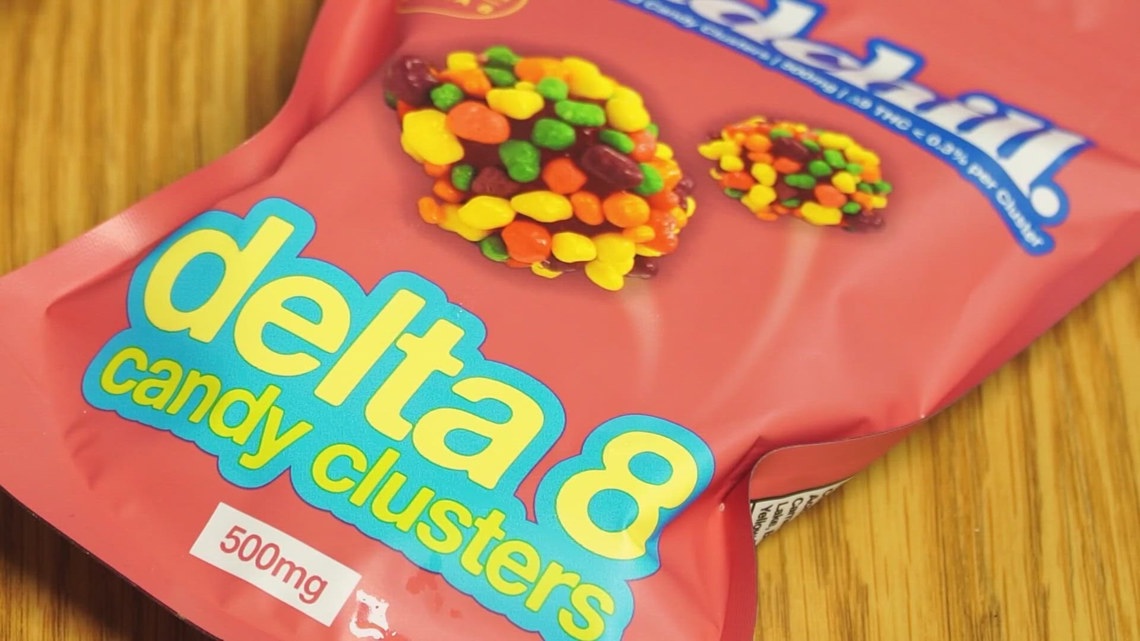In a surprising late-night decision, Texas Governor Greg Abbott vetoed a proposed state ban on THC products, opting instead to call a special legislative session to address the regulation of the substance. The move, announced just minutes before the veto deadline, has temporarily preserved the Texas hemp industry while thwarting a key legislative priority of Lt. Gov. Dan Patrick.
Senate Bill 3, which aimed to ban consumable hemp products containing any THC, including delta-8 and delta-9, was rejected by Abbott amid significant political pressure. The governor, who had remained largely silent on the issue during the legislative session, cited potential constitutional challenges and conflicts with federal law as reasons for his veto. “Allowing Senate Bill 3 to become law — knowing that it faces a lengthy battle that will render it dead on arrival in court — would hinder rather than help us solve the public safety issues this bill seeks to contain,” Abbott stated.
Political Tensions Rise
The veto has intensified tensions between Abbott and Patrick, the influential head of the Senate, who had ranked the THC ban among his top legislative priorities over his 17-year tenure. Patrick expressed his frustration on social media, criticizing Abbott’s decision as a “late-night veto” that leaves law enforcement and families “feeling abandoned.”
Patrick’s advocacy for the ban was driven by concerns over the safety of THC-infused products, which he described as a “poison in our public.” He had actively campaigned against the hemp industry, visiting cannabis stores and highlighting what he viewed as dangerous practices.
The Impact on Texas Hemp Industry
The hemp industry in Texas has seen significant growth since a 2019 law inadvertently opened the market for hemp-based products. Initially intended to boost Texas agriculture, the law allowed the sale of consumable hemp but did not set a THC threshold for derivatives other than delta-9. This loophole facilitated the proliferation of over 8,000 retailers selling THC-laced products across the state.
According to estimates, the hemp industry now supports approximately 50,000 jobs and generates $8 billion in tax revenue annually. Industry advocates, along with military veterans and farmers, have argued for stronger regulations rather than an outright ban, emphasizing the benefits of hemp products for managing chronic pain and reducing reliance on opioids.
Abbott’s Call for Regulation
In his veto statement, Abbott urged lawmakers to consider a regulatory framework similar to alcohol regulation. He proposed measures such as prohibiting the sale and marketing of THC products to minors, requiring rigorous testing, allowing local governments to ban stores, and increasing funding for law enforcement to enforce these regulations.
The governor’s decision reflects a broader debate over how to balance public safety with economic interests. Abbott’s veto has been praised by the Texas Hemp Business Council, which described it as a victory for “truth, freedom, and the voices of Texans.”
Looking Ahead: The Special Session
The upcoming special legislative session, set to begin on July 21, will focus on establishing a comprehensive regulatory framework for consumable hemp. Abbott’s call for regulation rather than prohibition sets the stage for a contentious debate among lawmakers.
As the state grapples with the complexities of regulating THC products, the outcome of the special session will have significant implications for the future of the hemp industry in Texas. Stakeholders from various sectors, including public health, law enforcement, and the hemp industry, are expected to play a crucial role in shaping the new legislation.
Meanwhile, the political dynamics between Abbott and Patrick will continue to unfold, with Patrick’s response to the veto highlighting the ongoing power struggle within Texas’s political landscape. As the special session approaches, all eyes will be on the Capitol to see how this pivotal issue is resolved.
